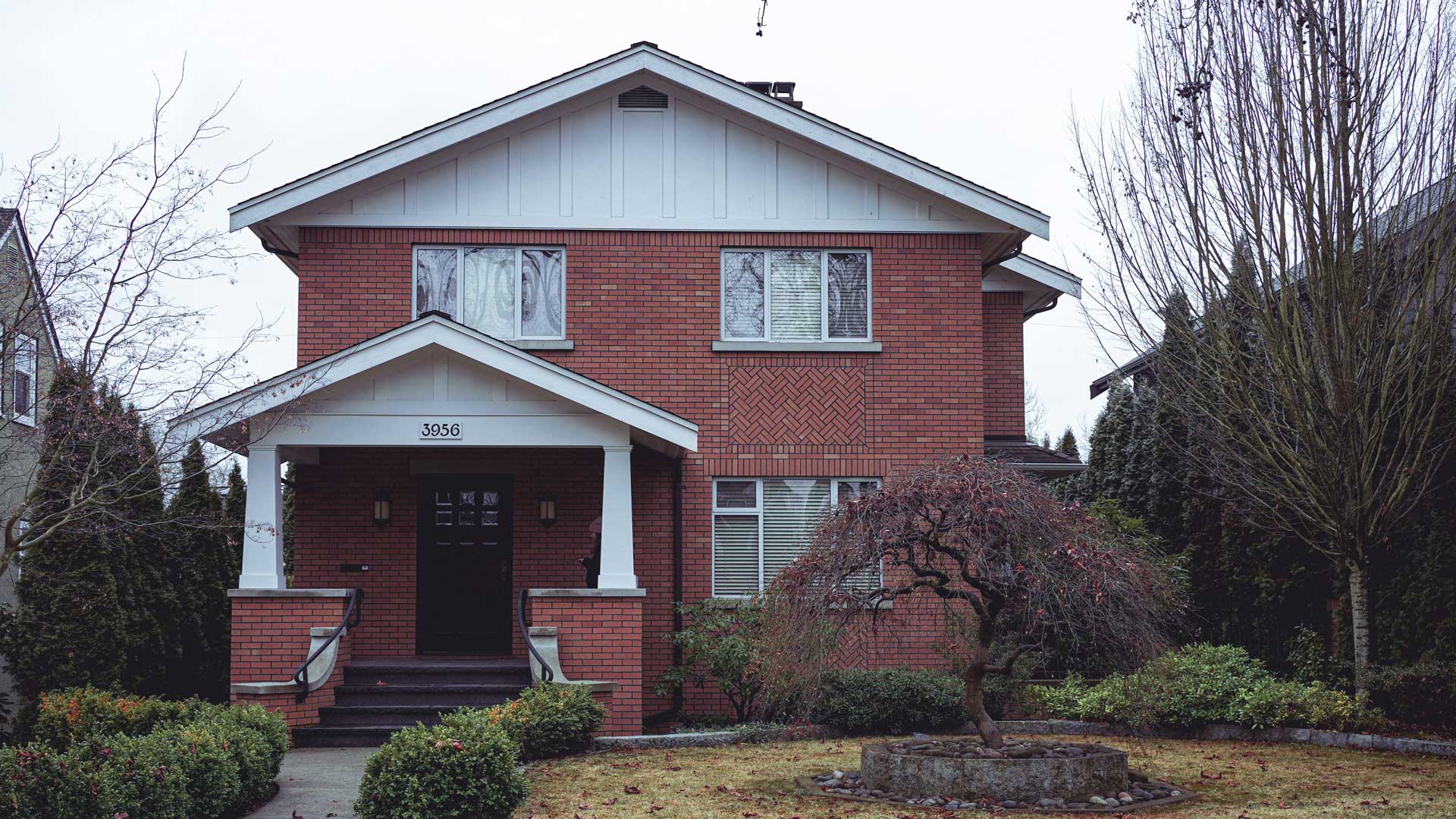
Buying a home in Vancouver is based on a number of decisions, one of which is the type of property you can buy; whether that be a new-build home or a pre-existing resale property. Irrespective of your choice, there are a number of pros and cons relating to each option.
When it comes to buying our dream Vancouver home, there are a number of considerations to make. Do we want a penthouse apartment in the bustling downtown? Perhaps a large family home on the rural outskirts? Or something entirely different in between?
No matter, every property ever listed for sale, or to be listed, has something different to offer Vancouver residents. One of the main decisions most homebuyers make is whether to buy a brand new home or purchase a pre-existing property and retain its features, or renovate it entirely. Sometimes that decision is made on a personal preference, but it should also be made by assessing your needs and the pros and cons of each.
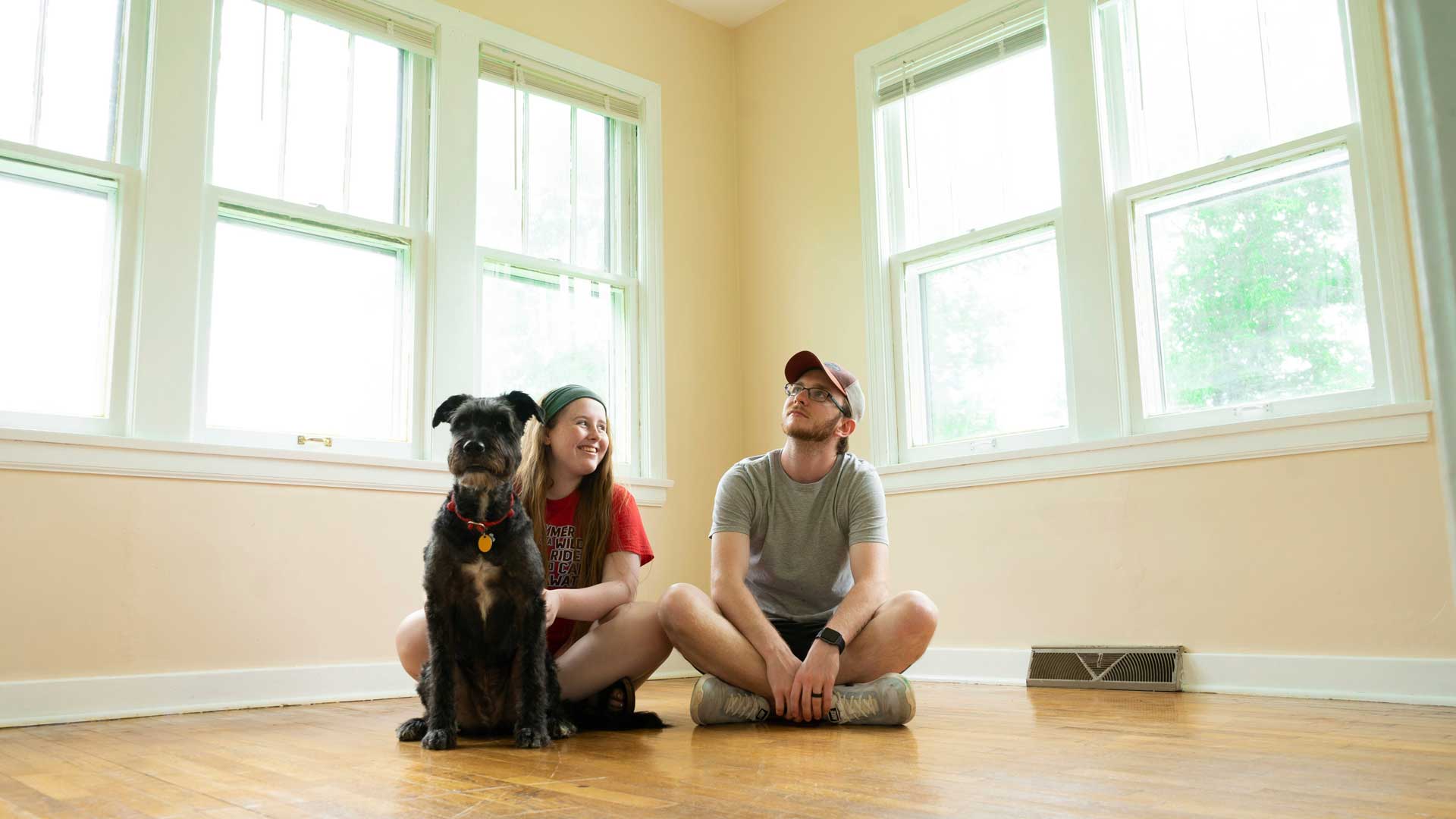
Personalization
A new home is effectively a blank canvas for you to start on. There are no signs of previous occupants, making it easier for you to put your own personal stamp on the home. If you are purchasing off-plan before the property is completed, you may also have the chance to customize fixtures, fittings, and carpets, as well as bathrooms and kitchens.
Latest Technology
New homes mean the latest technology utilized in the construction, all of which comply with the relevant building codes.
Builder’s Warranty
New built homes come with a builder’s warranty; a guarantee on the condition of your property. This means that if anything goes wrong with your home, the builders will be obligated to rectify the issue, at no expense to you. These warranties are usually time-sensitive, so you will need to assess how long they last before committing to purchasing.
Low Maintenance
Newly built homes are designed to be moved straight into with no issues. This means that usually, you won’t require any additional work to be carried out once you have moved in. Any snagging issues can typically be resolved by making contact with the developers, meaning you won’t need to identify your own traders and rack up costly fixes from the moment you get the keys.
Energy Efficiency
Newly built homes are built with energy efficiency in mind. Better energy ratings mean cheaper energy bills.
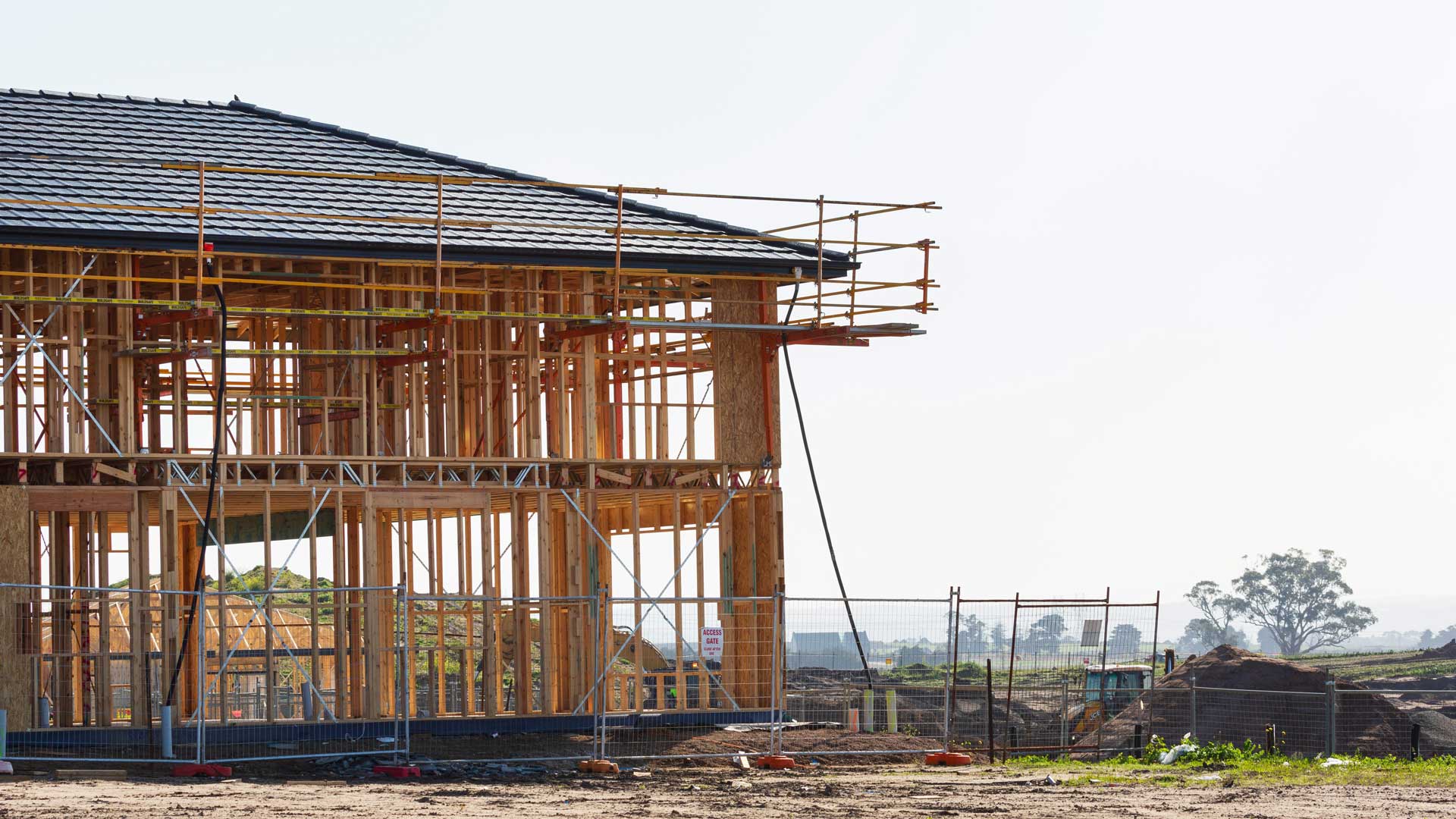
Delays
If you are purchasing a new home prior to construction being completed, there are risks that you may be subjected to delays. This needs to be factored in before committing to leaving your current property, particularly if you are in a contract.
Slow Value Growth
As a newly built home is likely to be part of a development filled with similar properties, the room for the growth in value is minimal compared to pre-existing resale homes. Where you can add value to pre-existing resale homes through renovations or extensions, these are not financially viable on new build homes due to the very little return from the premium price they typically cost, to begin with.
Lack of Infrastructure
Typically on new build developments, infrastructure is minimal or added much later once the entire development is complete. This means you may have to travel further away from your new home for basic amenities.
Not Ideal Investments
Due to the premium price you will typically pay for new builds, it can be difficult to make a return on investment from them by letting them as quickly as you can do with re-sale properties. There is no possible scope for refurbishing and flipping them either.
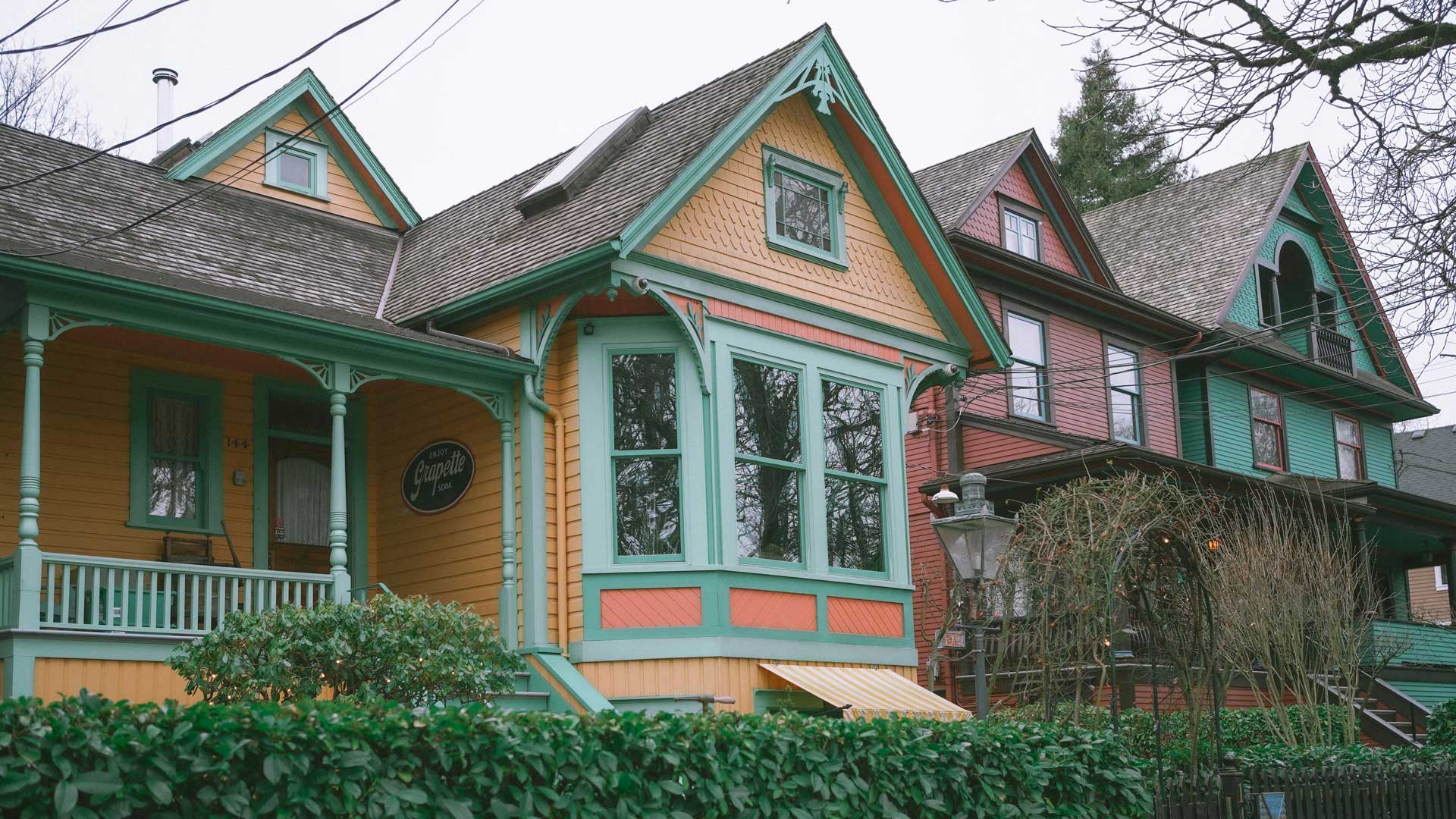
Ability to View
Pre-existing re-sale homes are already standing and most likely occupied, meaning you can physically visit and view the property. This will allow you to identify whether or not that particular property is right for you or not, and for you to obtain any measurements for prospective refurbishments/redecoration.
Market Insight
You can utilize similar property sales to build a relatively accurate estimate on if the asking price is correct or not. If you are looking to flip the property for a refurbishment, this can also give you a better idea of the return on investment based on any similar properties that have also undergone a full renovation.
Conversions
Some pre-existing properties which are being sold as standalone homes may have the potential to be converted into apartments, which can be sold off or rented as individual units, giving you a better return on investment.
Renovation Project
If you are hunting specifically to undertake a full refurbishment of a property, you aren’t going to find the perfect canvas to do so with new builds. Older properties in need of modernizing are ideal for prospective buyers looking to get stuck in with placing their own mark.
Pricing
Resale homes have a much broader price range than new builds due to the varying conditions, but there are generally far more opportunities to get onto the property ladder by buying a cheaper resale home. This is ideal for first-time buyers who may not be able to afford the premiums that are typically associated with new builds.
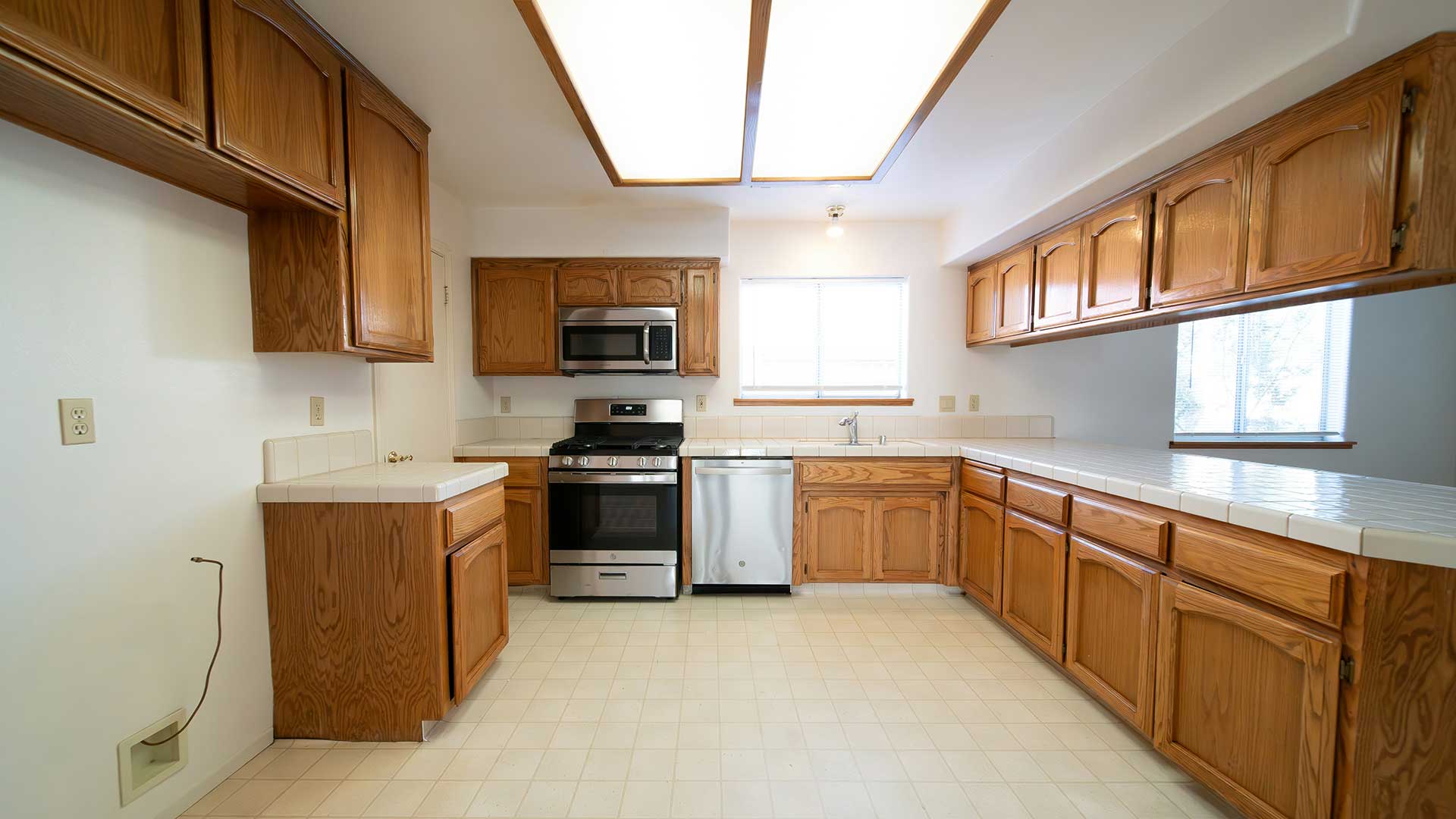
Pre-Existing Issues
Resale homes may have underlying structural issues that aren’t apparent at first glance. This can be costly to rectify, so you should employ the services of a building inspector before committing to making any purchase.
Caveats
There may be easements or caveats that affect any plans you may have for the property.
Renovation costs
In order to modernize any pre-existing resale home, you will need to factor in renovation costs in addition to the outright purchase price. In some instances, this can mean paying more in the long run than if you would when compared to a new build.
Poorer Energy Efficiency
Whereas new builds are developed with energy efficiency in mind, pre-existing properties won’t necessarily be built with measures to reduce energy costs. This not only means higher energy bills but also additional costs should you wish to upgrade to more energy-efficient methods in the future.
Chains
Resale homes likely mean that they are currently occupied, and you won’t be able to take possession until the current owners have vacated. If they are only able to sell a property once they have purchased elsewhere, and their end of the chain is put on hold, this also delays your ability to move into your new home.
When looking at the Vancouver property market for your next home, always ask questions and base decisions on a number of factors. Consider whether or not the property you are looking at has the necessary space/facilities (ie, a garden, office space) that you require. Ultimately, you need to weigh the pros and cons regardless of whether you are looking to buy a new home or a pre-existing one for resale.
Whether you’ve just bought a home or have owned a property for decades, there are a few things every homeowner needs to know to care for their home properly.
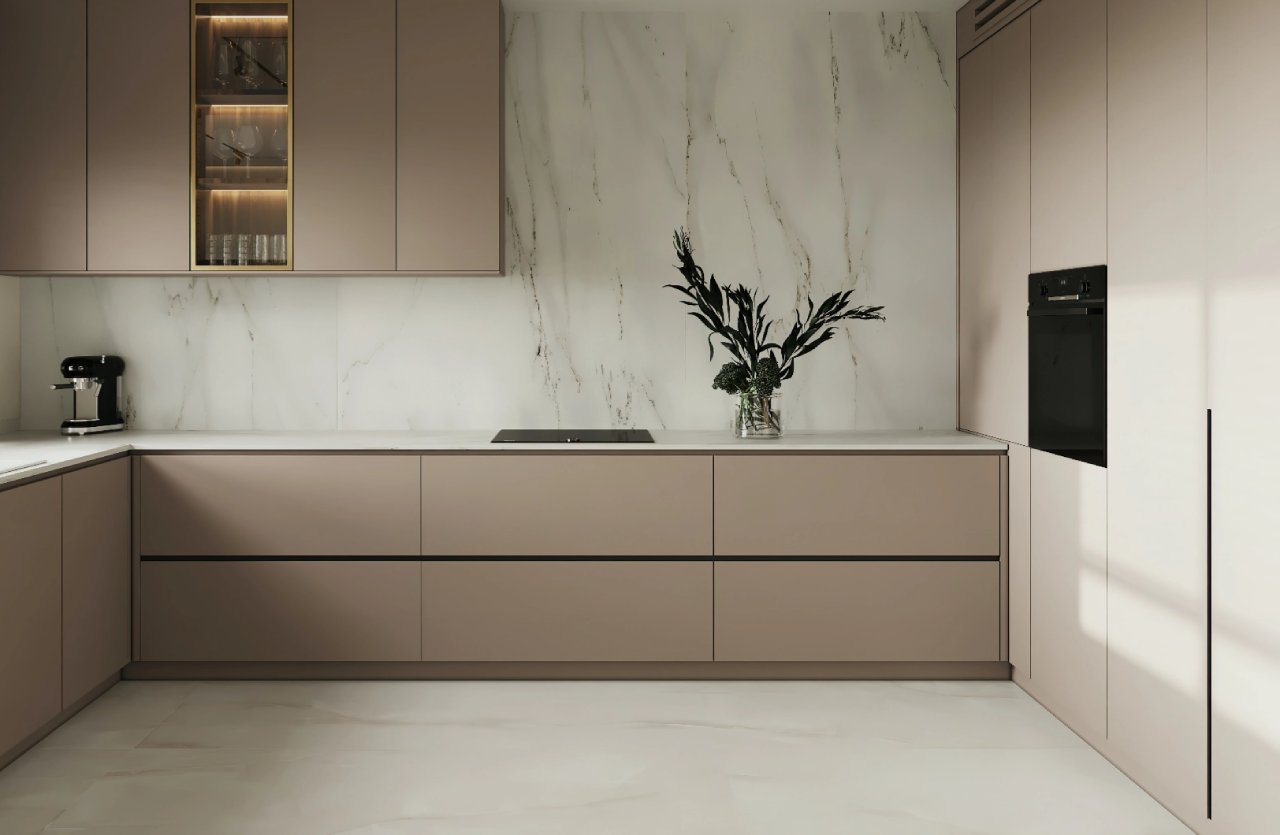
Subscribe for first access to our public and non-public offerings, foreclosures, new projects and other developments.
201 - 2468 Scotia Street
Vancouver, BC
Canada V5T 1W5
201 - 2468 Scotia Street
Vancouver, BC
Canada V5T 1W5
O 604 684 8844
T 866 352 9311
F 1 855 684 8844
201 - 2468 Scotia Street
Vancouver, BC
Canada V5T 1W5
Forgot Your Password?
Login with: